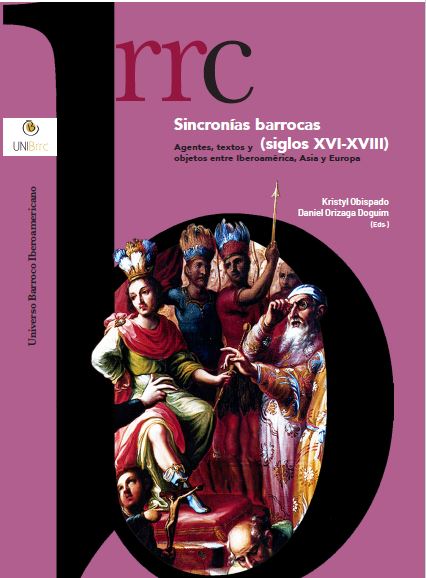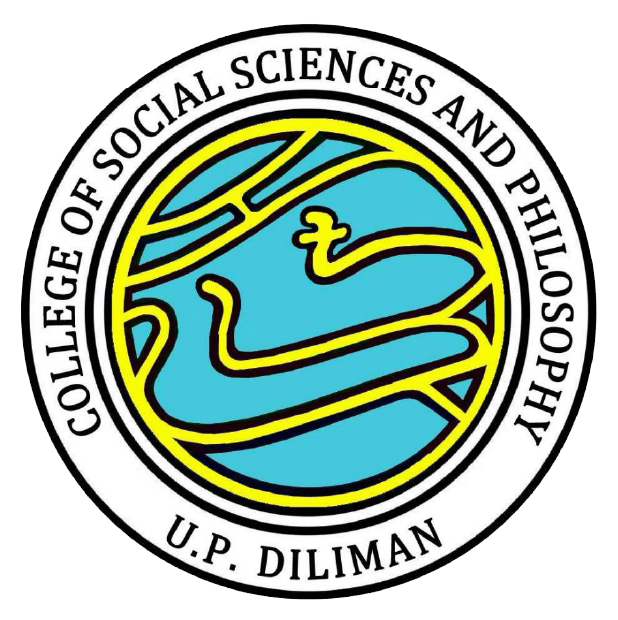Lo que entra por la boca no hace daño al alma: food, sailors, and the seventeenth-century Spanish Pacific
Sincronías Barrocas (Siglos XVI-XVIII): Agentes, textos y objetos entre Iberoamérica, Asia y Europa
By focusing on food, the present study explores the connection between a Pacific sailor’s body, intercontinental exchanges, and the Spanish empire’s mechanisms of control in the seventeenth century. The first part discusses how food as tribute, gift, or commodity facilitated trade and exchanges among the Philippines, New Spain, and Spain. Further, it tackles the transformation of the sailors’ bodies as they traveled from one location to another, as the food became abundant, rotten, or scarce. The last part examines how food functioned as the Spanish empire’s instrument of inclusion or exclusion of its royal workers. For the sources, it used two seventeenth-century travel accounts specifically focused on the Manila- Acapulco journey: one by the famous Italian traveler Gemelli Carreri and the other by a Manila creole named Diego Lopez, who served as a page at the young age of fourteen. It also consulted archival documents from Archivo General de la Nación de México (AGNM), especially the bundle titled Archivo Histórico de Hacienda (AHH), which contained information regarding efectos y víveres (stocks and provisions) loaded to the ships. Lastly, it utilized inquisitorial records of foreign sailors accused of heresy.
Keywords
Sailors’ food
seventeenth century
Pacific sailor
heresy
Spanish empire
Faculty Involved:

Kristyl N. Obispado, Ph.D.
Associate Professor
Focus: Early global history, colonial labor history, maritime history, and 16th-18th century Philippines



